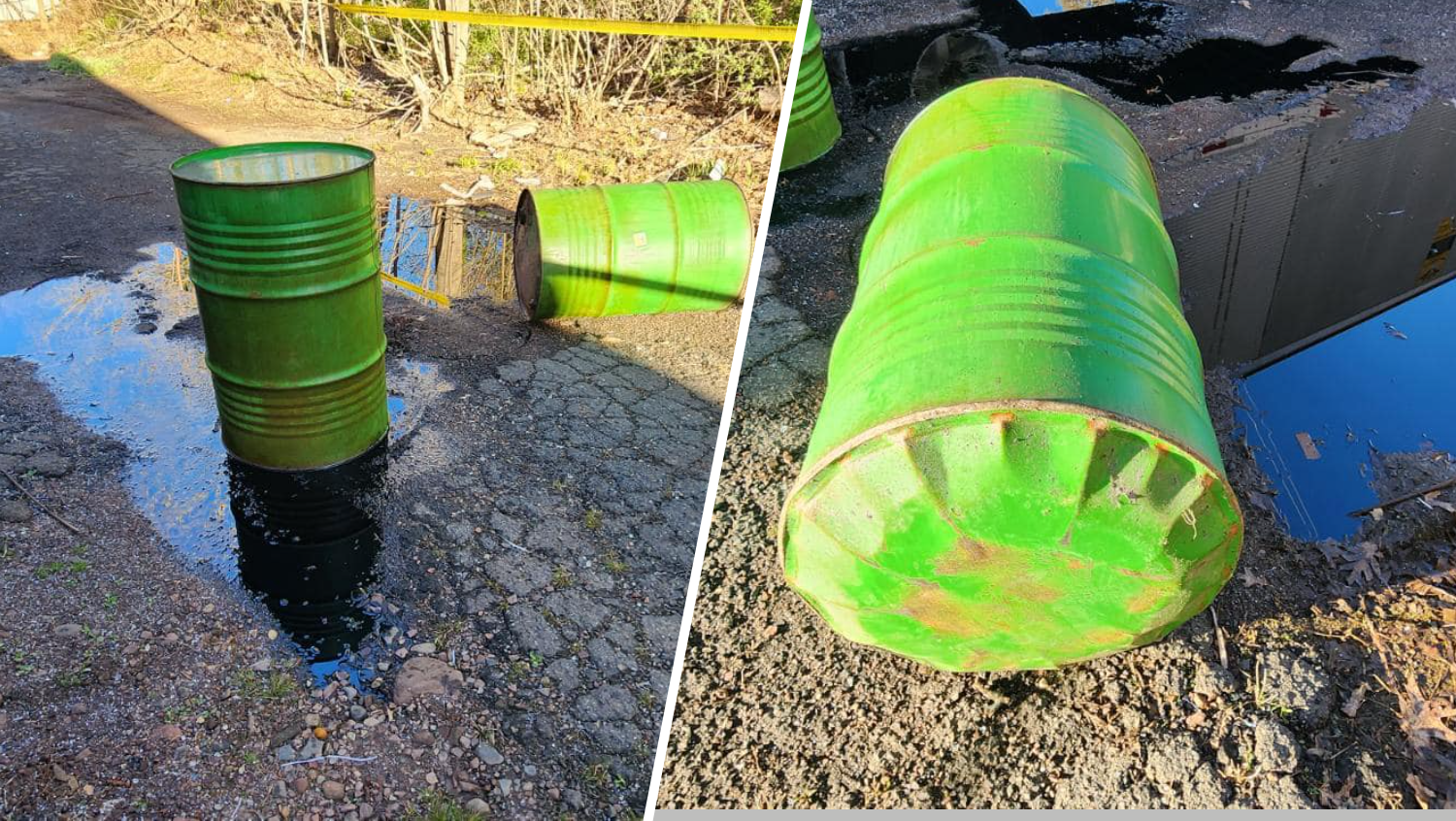With the growing concerns worldwide of coronavirus and the increasing number of cases, federal health and emergency authorities are preparing for the possibility of a pandemic, the Centers for Disease Control said earlier this month.
While the number of confirmed cases of coronavirus in the United States is less than 20, thousands of other people are being monitored for the disease based on recent travel.
A pandemic is the worldwide spread of a new disease, according to the World Health Organization. In the case of a pandemic, most people do not have immunity to the new illness.
Coronavirus Prevention
There is no vaccine for the current coronavirus disease right now. So how can you prevent the spread of coronavirus?
The CDC suggests taking the following steps:
- Avoid close contact with people are who are sick.
- Avoid touching your eyes, nose and mouth.
- Stay home when you are sick. The CDC said you should say home, except to get medical care and advises you to not go to work, school or public areas and to not use public transportation, ride-sharing or taxis.
- Cover your cough or sneeze with a tissue, then throw the tissue in the trash.
- Clean and disinfect frequently touched objects and surfaces using a regular household cleaning spray or wipe.
- Follow CDC’s recommendations for using a facemask. CDC does not recommend that people who are well wear a facemask to protect themselves from respiratory diseases, including COVID-19. Facemasks should be used by people who show symptoms of COVID-19 to help prevent the spread of the disease to others. The use of facemasks is also crucial for health workers and people who are taking care of someone in close settings (at home or in a health care facility).
- Wash your hands often with soap and water for at least 20 seconds, especially after going to the bathroom; before eating; and after blowing your nose, coughing, or sneezing. If soap and water are not readily available, use an alcohol-based hand sanitizer with at least 60% alcohol. Always wash hands with soap and water if hands are visibly dirty. The CDC has a full website with tips on how to properly wash your hands to make the process the most effective.
Coronavirus Treatment
News
According to the CDC, there is no specific antiviral treatment recommended for COVID-19. If you do come down with the coronavirus, your doctor will provide you with supportive care to help relieve symptoms. For severe cases, treatment should include care to support vital organ functions. People who think they may have been exposed to COVID-19 should contact their healthcare provider immediately.
Coronavirus Symptoms
Some patients infected with the coronavirus will not experience any symptoms while others could experience severe symptoms.
Symptoms can include:
- Fever
- Cough
- Shortness of breath
The CDC said symptoms can appear in as few as two days and as long as 14 days after being exposed to the disease.
Preparing for a Pandemic
The Department of Homeland Security has issued tips to prepare for pandemics:
- Store a two week supply of water and food.
- Periodically check your regular prescription drugs to ensure a continuous supply in your home.
- Have any nonprescription drugs and other health supplies on hand, including pain relievers, stomach remedies, cough and cold medicines, fluids with electrolytes, and vitamins.
- Get copies and maintain electronic versions of health records from doctors, hospitals, pharmacies and other sources and store them, for personal reference. Get help accessing electronic health records.
- Talk with family members and loved ones about how they would be cared for if they got sick, or what will be needed to care for them in your home.
What to Do if You Get Coronavirus
The CDC and Department of Homeland Security advise people are sick or suspect they may have the coronavirus to take the following steps to avoid spreading the disease:
- Consult with your doctor or a medical professional.
- Call ahead before visiting your doctor and let them know you have or may have the coronavirus so they can properly prepare for you.
- Stay home except to get medical care.
- Separate yourself from other people and animals in your house.
- Wear a facemask, especially when around other people or when you go to the doctor.
- Cover your coughs and sneezes. Wash or sanitize your hands afterwards.
- Clean your hands often.
- Avoid sharing personal household items.
- Clean all "high-touch" surfaces everyday.
- Monitor your symptoms for any changes or worsening.
See more of the CDC tips for what to when you are sick here.



